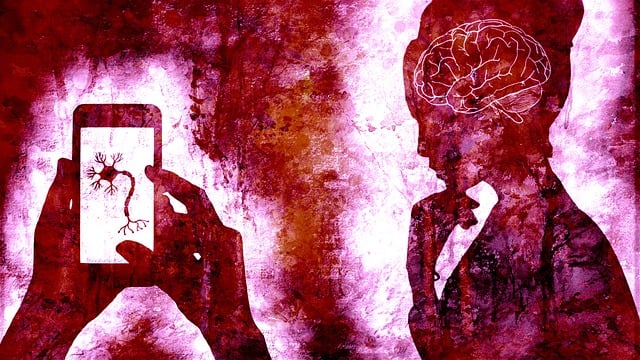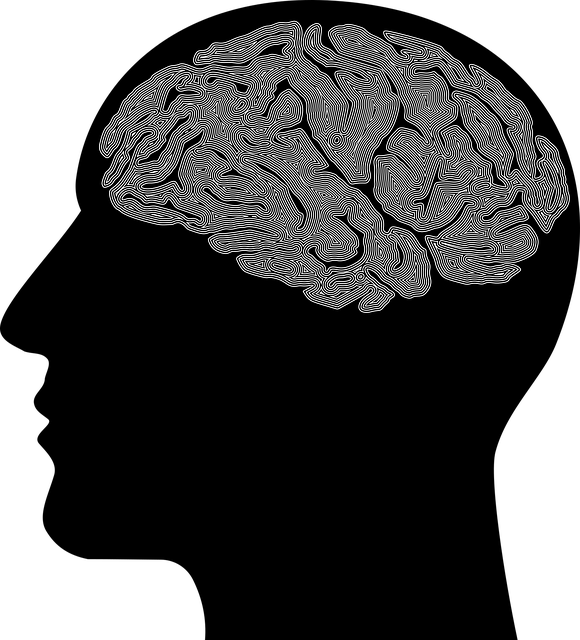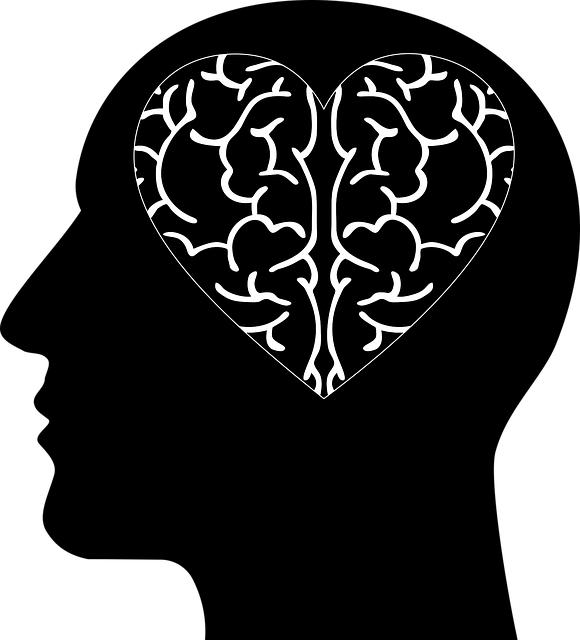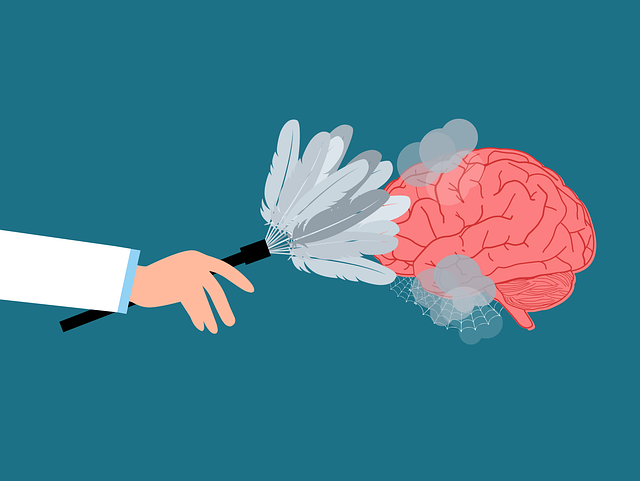The media's role in shaping public perception of mental health, particularly Attention Deficit Disorder (ADD) and Attention Deficit Hyperactivity Disorder (ADHD), is crucial. Inaccurate portrayals often perpetuate stereotypes, stigmatizing individuals seeking Denver ADD-ADHD evaluations and therapy. To counter this, the media should showcase diverse experiences, highlight effective treatments like stress management and social skills training, and encourage open conversations about neurodivergent conditions. By doing so, it can foster compassion, reduce stigma, and promote a more supportive society for mental health, including accessible Denver ADD-ADHD evaluations and therapy options.
“Mental illness representation in media significantly influences public perception and understanding of various conditions. This article delves into the impact of media portrayal on mental health, focusing specifically on Attention Deficit Disorder (ADD) and ADHD. We examine the current state of these depictions, highlighting common stereotypes. Subsequently, we explore effective strategies for positive mental illness representation and highlight Denver’s innovative approach to evaluations and therapy, challenging existing narratives surrounding ADD-ADHD. By implementing these solutions, media can foster a more accurate and compassionate understanding of mental health.”
- Understanding the Impact of Media Portrayal on Mental Health Perception
- The Current State: How Media Often Depicts ADD/ADHD
- Effective Strategies for Positive Mental Illness Representation
- Denver's Approach to Evaluations, Therapy, and Challenging Stereotypes
Understanding the Impact of Media Portrayal on Mental Health Perception

The media plays a significant role in shaping public perception about mental health. The way mental illnesses are represented in films, television shows, and news articles can either perpetuate stereotypes or promote understanding and empathy. For instance, the portrayal of Attention-Deficit/Hyperactivity Disorder (ADHD) in popular culture often reinforces the myth that it is merely a sign of poor discipline, which can stigmatize individuals seeking Denver ADD-ADHD evaluations and therapy. This misperception may discourage people from seeking much-needed support for their mental health struggles.
A positive shift occurs when media content showcases the complexity of mental health issues, highlighting the diverse experiences of those affected. This includes depicting effective treatment options like stress management workshops, crisis intervention guidance, and social skills training. By presenting accurate and nuanced portrayals, media can foster a more compassionate society where individuals feel empowered to discuss their mental health challenges openly.
The Current State: How Media Often Depicts ADD/ADHD

In today’s media landscape, Attention Deficit Disorder (ADD) and Attention Deficit Hyperactivity Disorder (ADHD) are frequently portrayed through a lens of stigmatization and misunderstanding. The current state of representation often perpetuates misconceptions, showing individuals with ADD/ADHD as overly hyperactive, unfocused, or even disruptive. This skewed view fails to capture the nuanced experiences of those living with these neurodivergent conditions. As a result, it hinders public awareness campaigns aimed at fostering empathy and understanding.
The media’s role in shaping societal perceptions is significant, especially when it comes to mental health. By focusing on the challenges faced by individuals with ADD/ADHD, while also highlighting their strengths and achievements, we can develop effective empathy-building strategies. Encouraging open conversations about these disorders can foster a culture of positive thinking and support for those seeking Denver ADD-ADHD evaluations and therapy. This shift in representation is crucial in ensuring that media becomes an agent of change, promoting accurate information and challenging stereotypes surrounding mental health.
Effective Strategies for Positive Mental Illness Representation

In representing mental illness accurately and compassionately, media has a significant role in shaping public understanding. Effective strategies include integrating diverse narratives that reflect the wide range of experiences with mental health issues. Encouraging open dialogue through Mental Wellness Podcast Series Production can humanize conditions like ADD-ADHD, fostering empathy and reducing stigma. Collaboration between content creators, healthcare professionals, and support groups is key to ensuring accuracy and providing valuable resources for viewers seeking help.
Beyond individual stories, advocating for inclusive Mental Health Policy Analysis and Advocacy is essential. Media outlets can play a critical role in pushing for policies that prioritize mental wellness, such as accessible therapy options, improved education, and community outreach programs. By integrating these initiatives, media can contribute to creating a more supportive environment for those struggling with mental health challenges, ultimately encouraging early intervention and effective treatment, like Denver ADD-ADHD Evaluations Therapy.
Denver's Approach to Evaluations, Therapy, and Challenging Stereotypes

Denver takes a holistic approach to addressing mental health concerns, focusing on comprehensive evaluations and personalized therapy plans. Their expertise in Denver ADD-ADHD evaluations ensures that each individual receives an accurate diagnosis, tailored to their unique needs. This meticulous process challenges the stereotypical representation of attention-deficit disorders, promoting a deeper understanding and more effective treatment strategies.
Through innovative therapy methods, Denver fosters an environment that encourages open dialogue and debunks common myths surrounding mental illness. By integrating Mind Over Matter principles into their practice, they empower patients to develop resilience and coping mechanisms, ultimately enhancing their overall well-being. This approach not only benefits individuals but also contributes to Burnout Prevention Strategies for Healthcare Providers by offering a supportive and progressive treatment model.
Media plays a significant role in shaping public perception of mental health. The current article has explored how representations of conditions like ADD/ADHD often fall short, perpetuating stereotypes and misinformed views. By examining the effective strategies for positive mental illness representation, we’ve highlighted the importance of accurate, nuanced storytelling. Denver’s innovative approach to evaluations and therapy, coupled with its commitment to challenging stereotypes, offers a promising model for how media can responsibly and effectively portray mental health struggles. Through these efforts, we move closer to creating a more empathetic and supportive society for individuals living with ADD/ADHD and other mental health conditions.









